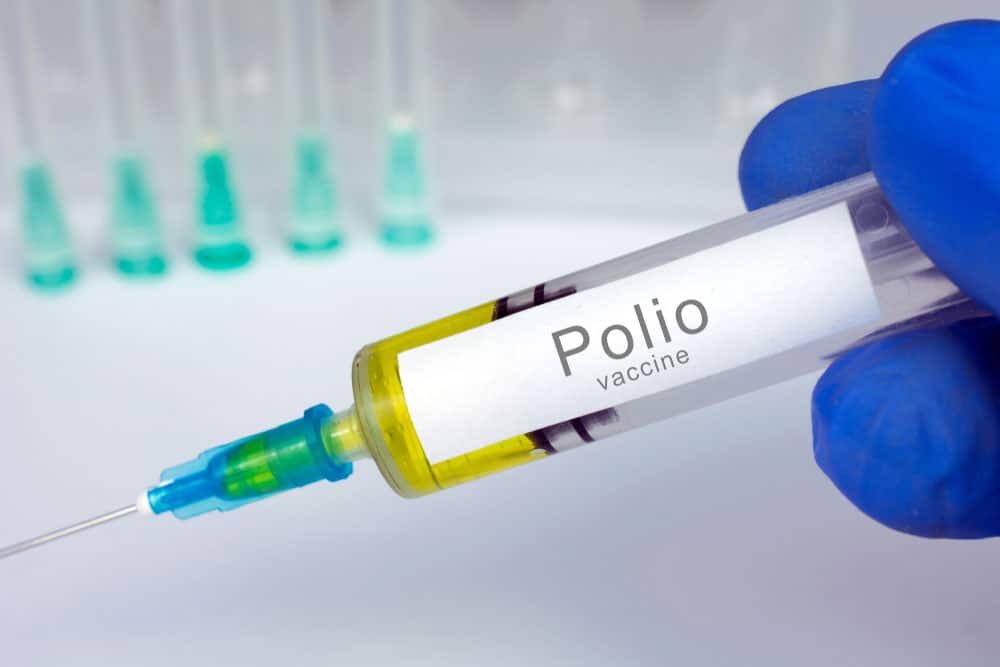“Polio.” That is a common go-to word for trying to silence people expressing any concern about any vaccine. The emotion-centered tactic relies on people having great fear of polio and great reverence for the polio vaccine commonly understood to have vanquished the disease. Voilà, all vaccines are wonderous medical tools, and anyone who questions them must want children to be struck by the horror of polio.
It is poppycock. But, it can be persuasive poppycock, so it is brought up in vaccine discussion.
Children’s Health Defense staff posted this week a succinct answer to some of the polio and polio vaccine hype trotted out routinely to silence people challenging the party line regarding any of the many shots pushed by government, media, pharmaceutical companies, and medical establishment. The article has four sections. Each sets things straight regarding an aspect of polio or polio vaccines. Here are the sections’ headings to give an idea of the kind of information, likely surprising for a majority of Americans, provided in the article:
- Polio vaccines used in U.S. don’t prevent infection or transmission.
- Global polio vaccine campaigns can lead to ‘vaccine-derived’ polio outbreaks.
- Risk of paralysis from poliovirus infection is roughly 0.001%.
- All polio vaccines used today are genetically modified.
The article also challenges an assertion in a recent Fortune article that “20 million people who would’ve otherwise been paralyzed by polio are walking today” because of polio vaccinations of children since 1988. That number, the article explains — even using data from the polio vaccinations backing World Health Organization (WHO) — is exaggerated well over 200-fold.
During the coronavirus scare and associated crackdowns, many Americans became aware of the deception of repeated assertions that everyone should take the “safe and effective” coronavirus shots. But, the deception goes further than a new experimental coronavirus “vaccine.” All the lauded vaccine shots, including for polio, should be looked at fresh. Skepticism is justified, and its broad application can help build an improved understanding among the public about the risks and benefits of different shots, whether shots long in use like polio shots or potentially soon to be rushed into distribution shots such as for bird flu or another new disease du jour.

